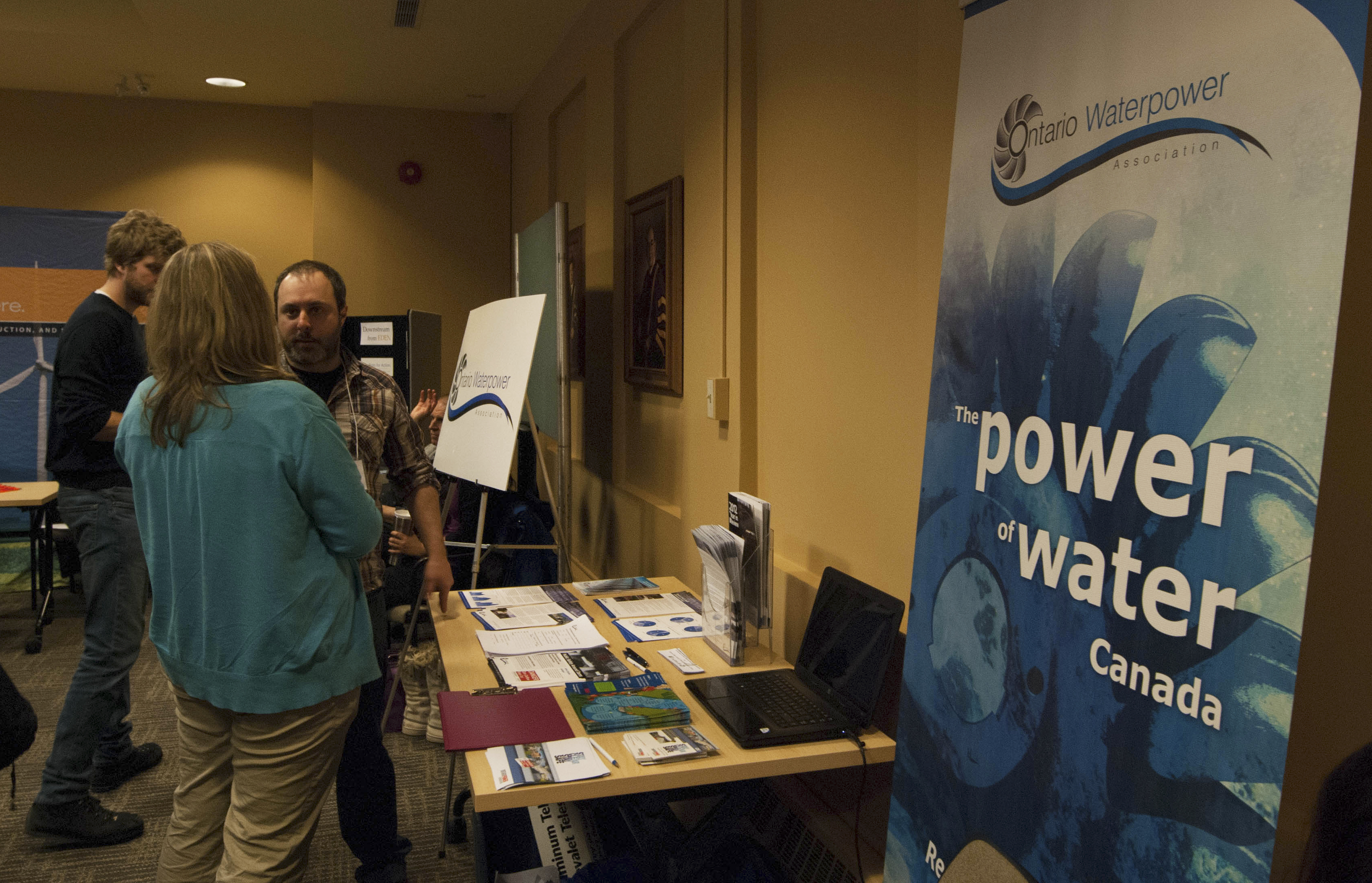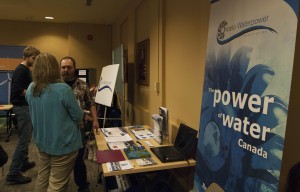Discussing the policies behind water supplies


On March 22, the fourth annual World Water Day event, co-hosted by Wilfrid Laurier University and University of Waterloo, presented both Gail Krantzberg and Bruce Pardy, two eye-opening, yet debatable keynote speakers who spoke about the world’s most important finite resource — water.
While the tone of both speakers was completely different, the topic that stayed prevalent in both lectures was the role of public policy in water.
Krantzberg specializes in the great lakes and is earnestly waiting for the government to take revised action for the current state of them. Unfortunately, the previous policy, also known as the Boundary Waters Treaty, signed in 1909, does not cover enough information to deal with issues that have recently appeared.
Such issues include climate change, which is lowering lake levels and urban sprawl, which is contributing to pollution.
However, after many years of delegation, as of March 2013, the newly revised policy resulted in the Water Quality Agreement.
At the end of the lecture, Krantzberg explained her plan of action to continue advocating on behalf of the great lakes.
Some of these plans included sustainable communities, engaged youths and being held accountable for your own actions.
But most importantly, according to Krantzberg, “We must challenge political leaders,” as they are the key role in making a permanent change in the Canadian great lakes.
While Krantzberg focused on public policy that governs the stewardship of water, Pardy took a different approach in speaking about water rights.
Instead of taking a spin at empowerment, his lecture focused more on water rights.
Pardy introduced his lecture by explaining that having a right to water is “simple, straightforward and wrong.”
Similar to Krantzberg, he also added that the current water rights do not solve problems such as pollution, depletion, market prices and the presence of monopoly.
Moreover, these rights are usually misinterpreted because it does not give us any indication of what they mean.
Writing through rights doesn’t entrench the right to water, because there is still work to be done.
The first step needed to create change is to develop a system of rights that are free from misinterpretation.
Water rights do not solve the current problems we face because they do not compel society to change.
“They [water rights] are simplistic, they don’t make sense,” said Pardy. “They make the problem worse. They fit well into speeches, and slogans, and advocacy work. But they’re not nitty-gritty real, they’re not nuanced, they make no sense.”
Some of the improved water rights that Pardy suggested refer to drawing water from natural resources and the riparian right — to be free from water pollution and depletion.
The lecture concluded with questions, and when asked about how Canada is doing in terms of its water rights, Pardy replied with “not very well.”


